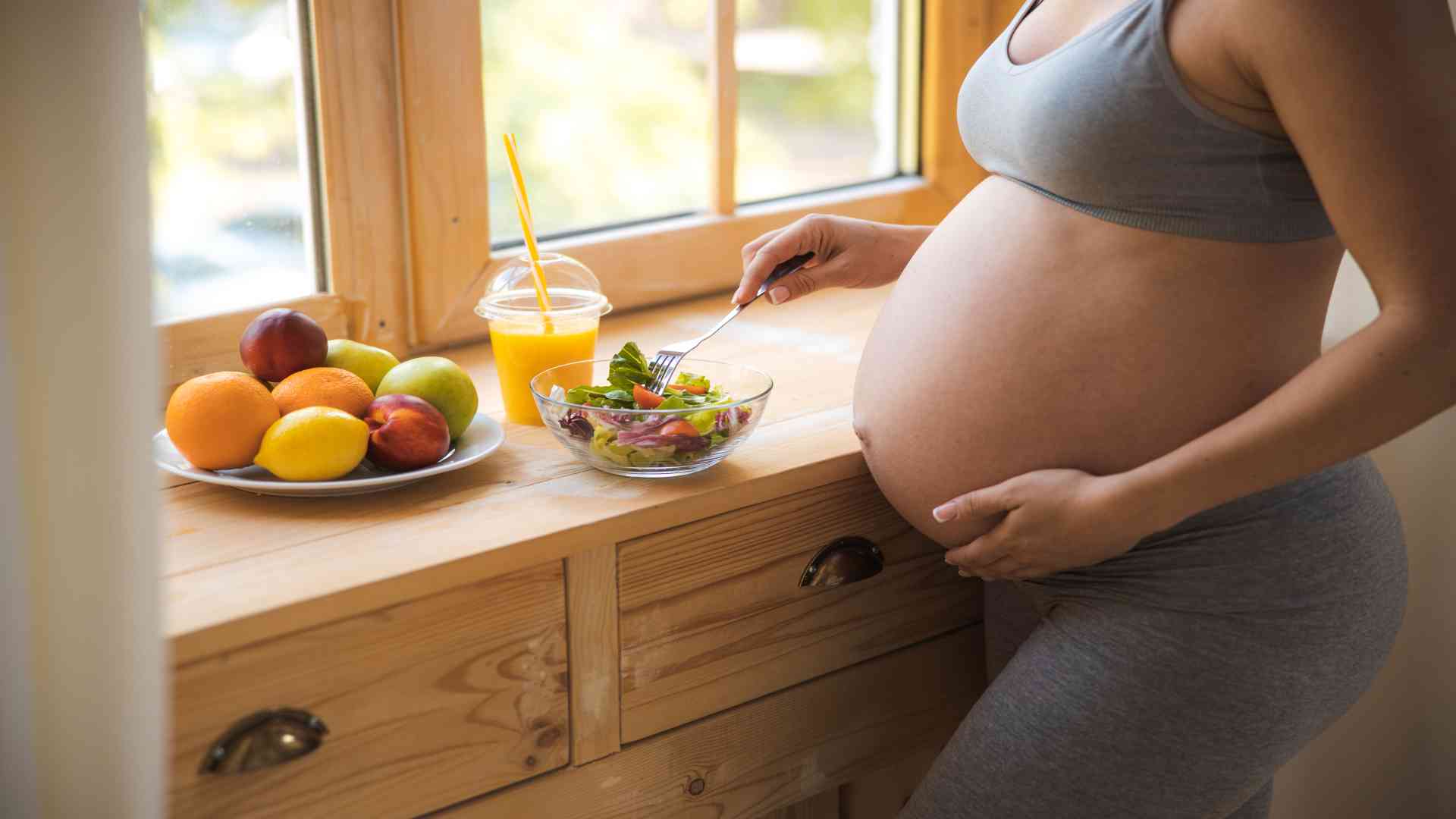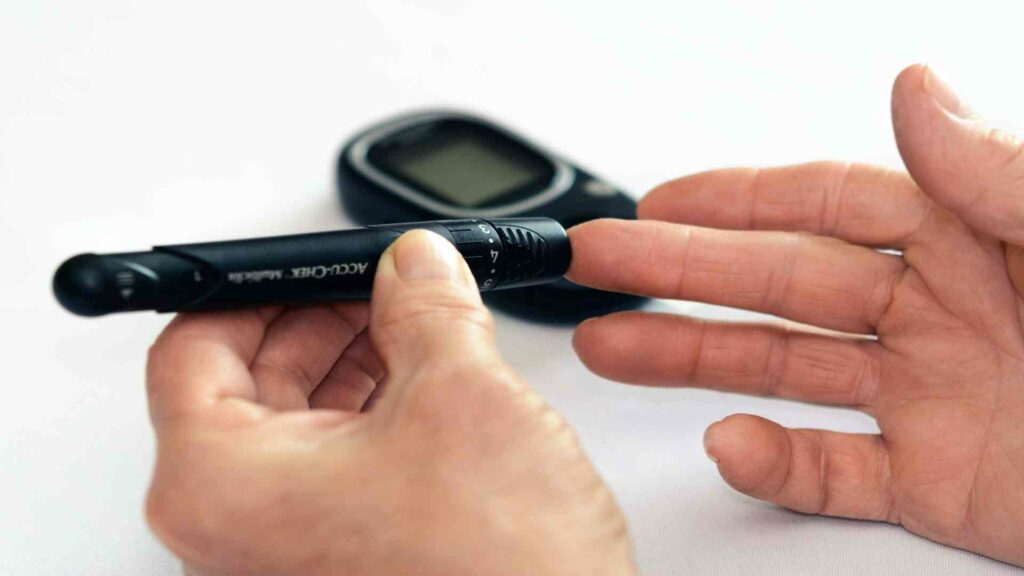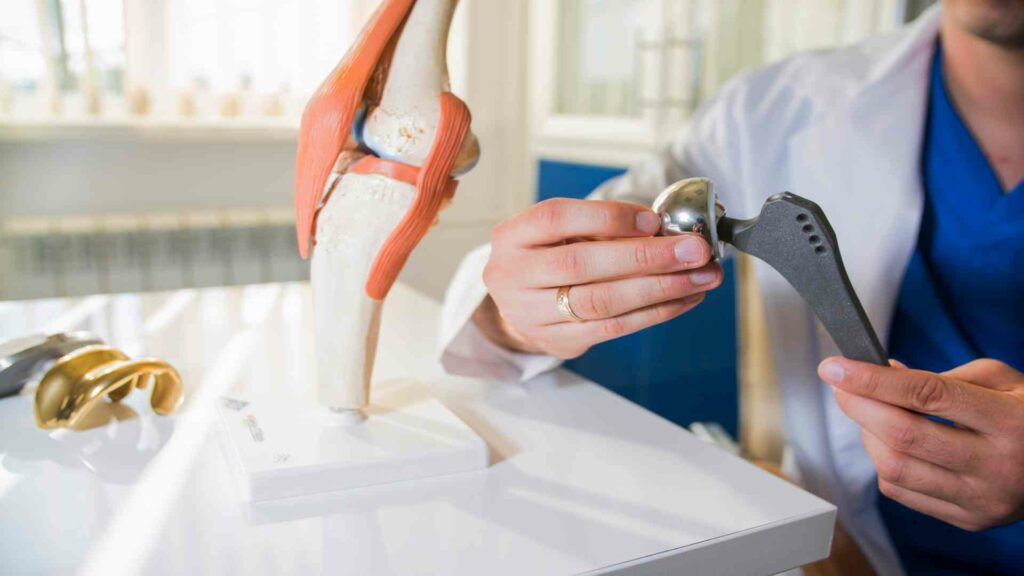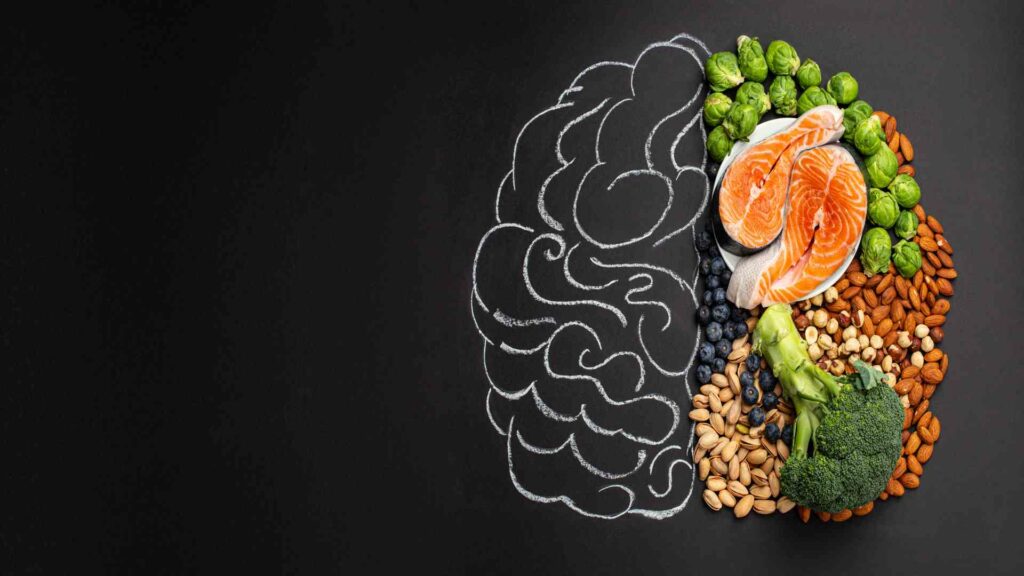Is Boron Safe for Pregnancy Diet?
Adding boron to the pregnancy diet can provide substantial health benefits, both for the mother and baby. Boron is an important trace mineral that helps the body absorb other key nutrients like calcium, magnesium, and phosphorous, while also increasing energy levels, aiding in digestion, promoting cell repair, and reducing inflammation. With so many benefits, it’s no wonder more expecting mothers are turning to boron-rich foods as part of their nutritional plan.

Pregnancy Diet
Role of Boron in a Healthy Pregnancy Diet
Boron plays a key role in supporting healthy pregnancies. Receiving enough of this important mineral during pregnancy can help support a baby’s development and avoid complications, such as preterm birth.
Boron also helps transfer calcium into the bones and teeth, making it essential for the growth and development of your unborn child. Additionally, boron is thought to play a role in reducing inflammation, which can be beneficial during pregnancy when hormone levels are particularly high.
For these reasons, pregnant women should make sure they include foods rich in boron in their pregnancy diet. Good sources of boron include avocados, nuts, legumes, spinach, and broccoli.
Fruits like apples are also good sources of this mineral, so adding them to the pregnancy diet can help ensure boron intake for a healthy pregnancy.
Role of Boron in Renal Clearance During Pregnancy
There is limited research on the role of boron in renal (kidney) clearance in pregnant women. However, it is known that the kidneys play a critical role in maintaining the balance of electrolytes and fluids in the body and that this function becomes increasingly important during pregnancy due to the increased blood volume and hormonal changes that occur.
According to a study, humans consume roughly a milligram of boron each day, mostly from food sources, including fruit and vegetables.
The goal of this research was to compare renal clearance in pregnant and nonpregnant women via renal function. To determine boron renal clearance, they measured blood and urine boron concentrations in 16 pregnant women in their second trimester and 15 age-matched nonpregnant controls.
Boron’s dietary intake was 1.35 mg/24 hours during pregnancy and 1.31 mg/24 hours during nonpregnancy. Boron, creatinine, and urea levels in the blood were taken at the outset, after 2 hours, and after 24 hours.
The volume, boron, and creatinine concentrations of the urine were measured during the first 2 hours within the Clinical Research Center and the subsequent 22 hours outside the center. Renal boron clearance was higher in pregnant women, at 68.30 ml/min/1.73 m(2) than in nonpregnant people, at 54.31 ml/min/1.73 m(2), over the first two hours of urine collection.
This research suggests that a pregnancy diet must include boron. Also, it is important for pregnant women to consume a balanced and varied diet that includes a range of nutrients to support their own health and the health of their developing baby.
Other Nutrients for a Healthy Pregnancy Diet
Consuming a wide variety of nourishing foods provides essential vitamins and minerals to fuel the growth of both mother and baby. Here is a list of some of the top nutrients.
1. Folate and folic acid
Folate and folic acid are essential nutrients that reduce the risk of complications during pregnancy, such as birth issues involving the brain or spinal cord. Including these important vitamins in the pregnancy, diet can ensure healthier babies.
2. Iron
Iron is vitally important for the body to make hemoglobin, a protein contained in red blood cells that transports oxygen throughout the system. During pregnancy, this demand increases significantly as increased amounts of iron are required to manufacture additional blood and nourish both mother and baby with life-sustaining oxygen.
3. Protein
Protein is an essential nutrient for the pregnancy diet to ensure the baby develops and grows appropriately. Its importance cannot be overstated, as it aids in forming muscles, hormones, and organs during pregnancy.
4. Calcium
Calcium helps build strong bones and teeth while benefiting the circulatory, muscular, and nervous systems.
Final Note
While there is no specific recommended intake for boron vitamins in a pregnancy diet, including a variety of boron-rich foods in the diet, is likely to be beneficial.
During pregnancy, it is important for women to consume a balanced pregnancy diet that includes a range of nutrients to support their health and the health of their developing baby. While boron may have some effects on kidney function, consultation with a healthcare provider should always be a priority before taking any supplement, especially during pregnancy.





